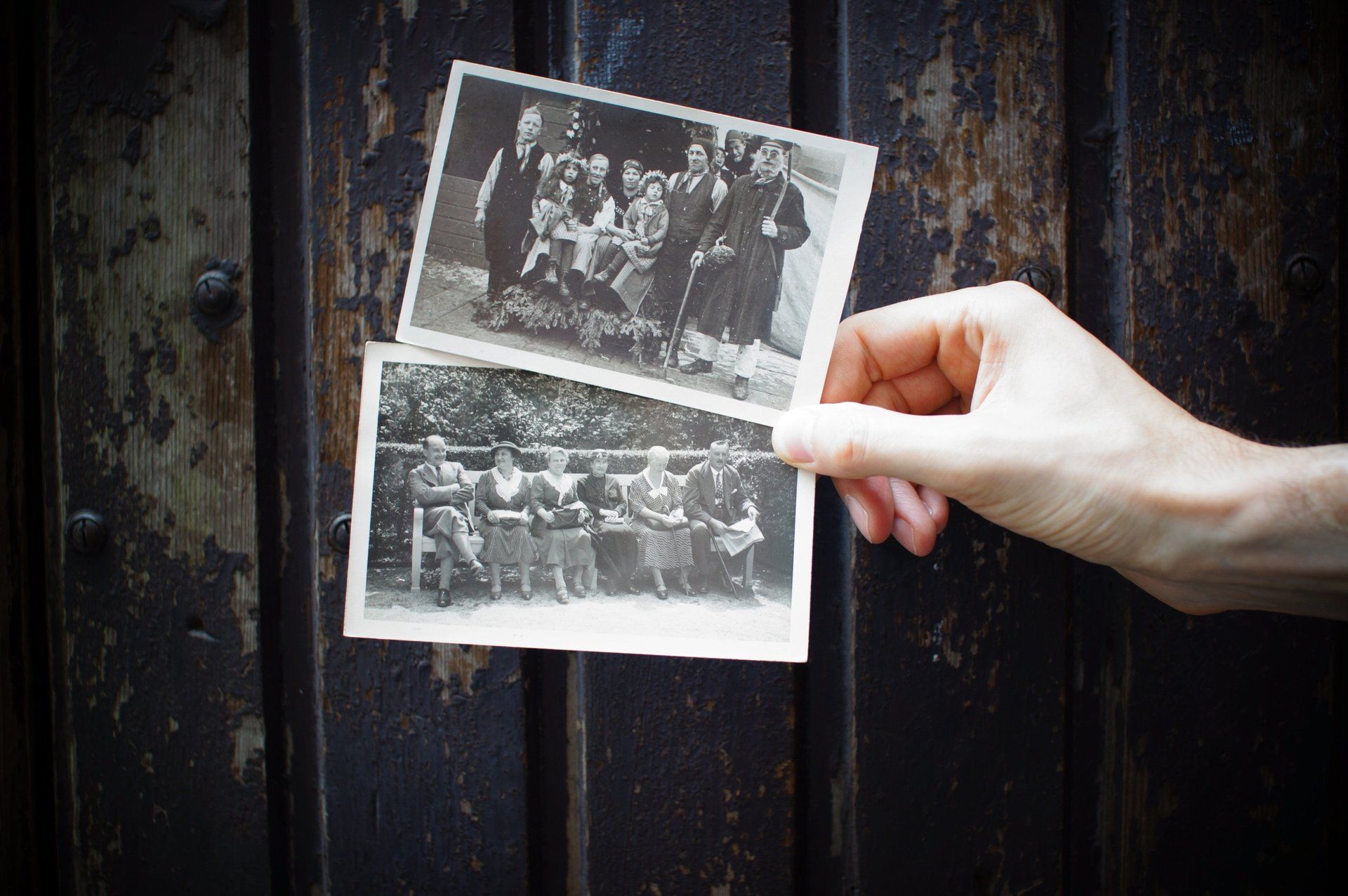'Getting back with the Ex': A memory-based perspective on relationship re-establishment
'Getting back with the Ex': A memory-based perspective on relationship re-establishment
Stephanie Koornneef, Xavier Martin, & Youtha Cuypers
Stephanie Koornneef, Xavier Martin, & Youtha Cuypers
Abstract
Numerous studies have established that firm behavior and decision-making is influences by organizational memory and that organizational memory depreciates over time. We theorized and found that although over time the use of individual memories in firm decision-making decreases, two more memory attributes, valence and strength, and two environmental factors of memories, clutter and aided recall, also influence firm decision-making. Specifically, we focus on relationship re-establishments between ex-partners. We test our hypotheses on a sample of terminated relationships between U.S. client firms and their advertising agencies. First, memory positiveness increases the likelihood of relationship re-establishment. Second, the stronger a memory the higher the likelihood of relationship re-establishment. Third, with increased levels of memory clutter (more ex-partners in the firm’s choice set), relationship re-establishment becomes less likely. Fourth, aided recall (a reminder of the ex-partner) increases the likelihood of relationship re-establishment. Furthermore, we found that memory strength decreases the negative effect of memory age (memory depreciation over time) on the likelihood of relationship re-establishment. Our findings suggest that studies conceptualizing organizational memories as homogeneous information stored in ‘bins’, understate the potential and effects of heterogeneous memory attributes on firm decision-making and behavior.
organizational memory
memory clutter
interorganizational relationships
event history analysis


